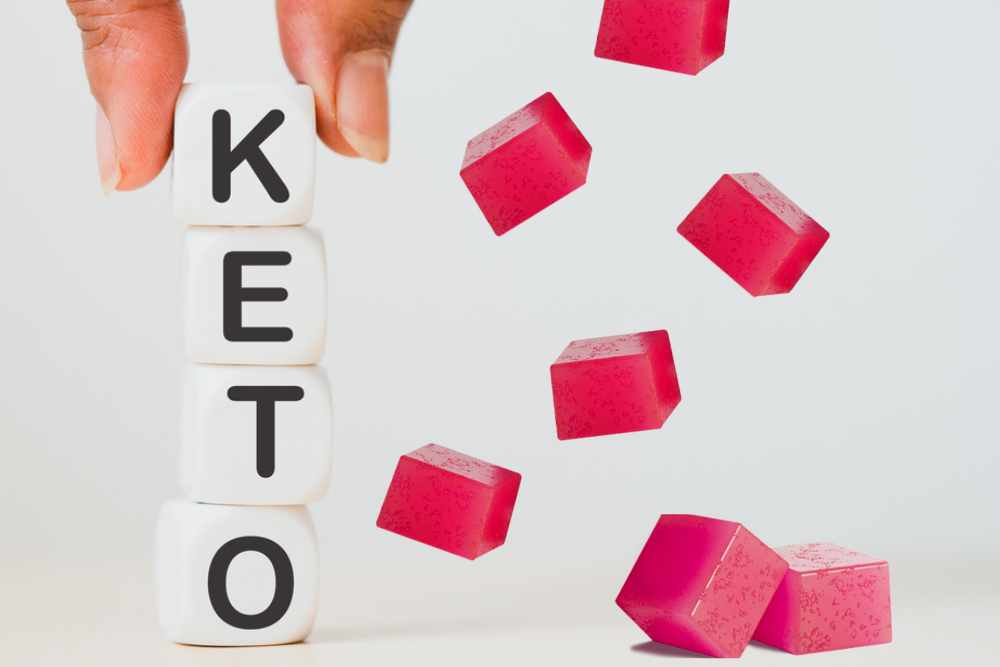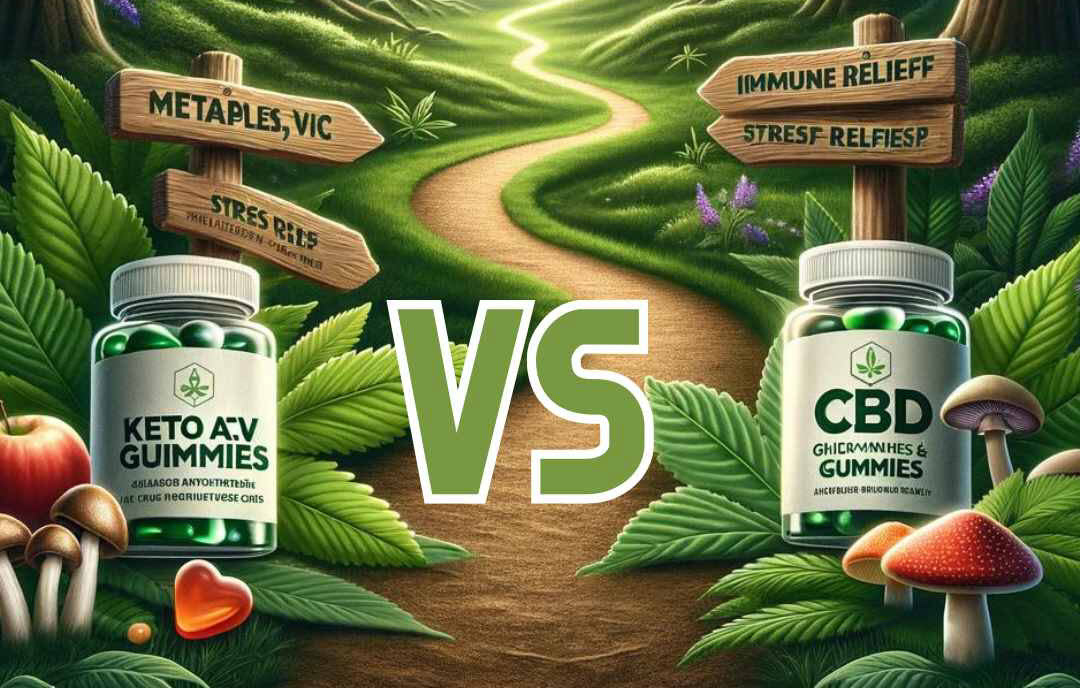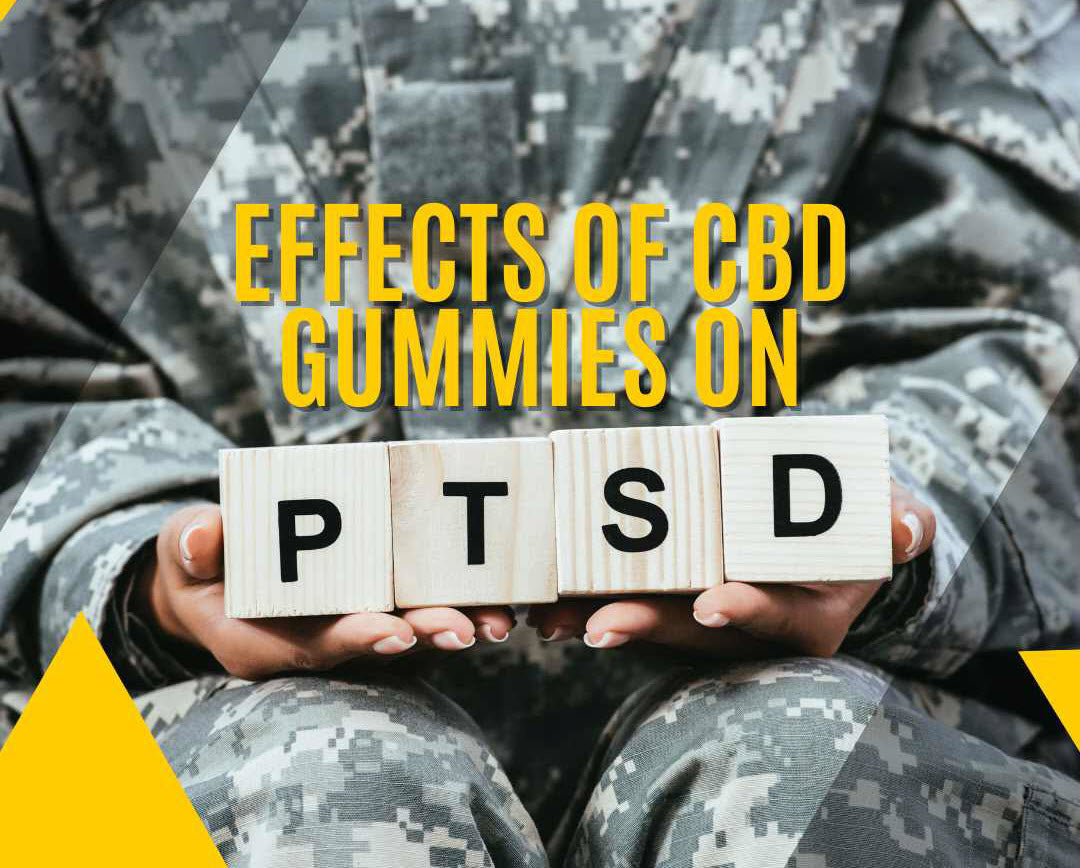What You Need to Know about Delta-8
With recent strides in the cannabis industry comes recent booms in state legalizations, up-and-coming cannabis companies, hot terminology, and not to mention, the beaming cannabis curiosity. As more and more individuals get involved, interested in, or adept to the ins and outs of the cannabis world, the more education and information that will be needed to quickly follow.
In today’s article, we’ll be covering the basics about what delta-8 is, it’s legal status, and the potential effects users may encounter.
From one cannabinoid to another cannabinoid, it’s time to get down to business.

What is Delta-8?
Delta-8-tetrahydrocannabinol (delta-8-THC) is just one of 100+ compounds that can be derived from the cannabis plant. Delta-8-THC is an analogue to THC, in regards to its potential anti-anxiety, appetite stimulant, and neuroprotective properties. However, it is slightly less potent than the classic, well-known THC, aka delta-9-THC, which is the main form of THC that we derive from cannabis.

At the chemical compound level, delta-8 appears to have a chemical bond on the eighth carbon, instead of the ninth. Delta-8-THC binds to the cannabinoid G-protein coupled with cannabinoid receptor 1 (CB1), which is located in the central nervous system (CNS). This CB1 receptor activation stops adenyl cyclase, increases mitogen-activated protein kinase activity, modulates several potassium channel conductances, and inhibits other specific channels.
Interested in Delta-10 THC instead? Check out this guide to learn what is Delta-10.Does Delta-8 Get You High?
Delta-8 may get you high. Users may not get as high compared to using delta-9 though.
For some users, purchasing cannabis products that aren’t as strong, such as delta-8-THC compared to delta-9-THC, may be a more suitable option for their desired usage. Delta-8 may offer a smoother, more mild high in some users.
Although beneficial effects and potential adverse effects may differ from user to user, it has been suggested that the benefits and side effects may be similar to those of delta-9-THC. However, more research is needed to further examine just how delta-8 affects the human body.

And just a side note: THC is not federally legal (yet). The legalities of marijuana vary state by state, so it’s important that you know the legal status of THC in your state and if it is medically and or recreationally allowed. More on this later on.
How Does it Make You Feel? Are There Side Effects?
Users have described delta-8 as being a more mild THC, with “less high”. Although there is currently minimal studies and more influence from anecdotal evidence, delta-8 is beginning to raise medical eyebrows as a potential therapeutic window.
Delta-8, as we’ve mentioned above, may be less potent than it’s bigger brother delta-9. Just because it’s potentially less potent, does not guarantee that it will get you less high.
Delta-8-THC can exert a high in users. As it is similar to delta-9-THC, there are potential side effects that users may experience to varying degrees including:
- Headaches
- Dry mouth
- Dry eyes
- Lightheadedness
- Fatigue
- Drowsiness
- Nausea
- Vomiting
- Increased heart rate
- Increased appetite
Is Delta-8 Legal?
Delta-8 is and isn’t legal. It’s in the grey area.
Delta-8-THC can be derived from hemp. Thanks to the 2018 Farm Bill, cannabis that contains 0.3% THC or less can be considered hemp. So, hypothetically, delta-8 can be legal in states where delta-9 is illegal, sometimes. Delta-8-THC is typically hemp-derived, which makes it federally legal.

However, in states where THC is illegal, cannabis producers are now looking towards delta-8 because it may be legal in their state.
For instance, if you convert cannabidiol (CBD) into delta-8-THC, you may end up with a federally legal hemp-derived product that may exert a high in users, even though this isn’t the traditional delta-9-THC.
Is it Safe?
Delta-8 is relatively new to the cannabis markets, so it may be challenging to define it as safe or not. Also, it is still new to researchers and medical support, so hang tight.
Since cannabis is not yet federally regulated, delta-8 doesn’t have regulations either. Although companies can provide certificates of analysis (CoAs) for their products and perform quality assurance tests, delta-8 still has a long road ahead to be called or considered safe.
Furthermore, we recommend doing your homework prior to beginning a cannabis regime as well as talking to your physician. They may be able to help steer you in the right direction, based on your personalized health needs or concerns.
Delta-8 vs Delta-9: What’s the Difference?
First and foremost, let’s define delta-9. Delta-9-tetrahydrocannabinol (THC) is a cannabinoid compound that can be extracted from the cannabis plant. When users refer to using THC or weed or Mary J, they’re most likely talking about delta-9-THC.
1. The double bond placement exists on the eight carbon for delta-8 and the ninth carbon for delta-9.
Chemically, delta-8 and delta-9 are both forms of THC. They do both have a double bond in their chemical structures. However, the placement of the double bound differs between delta-8 and delta-9. Delta-8-THC has the double bond on the eighth carbon, whereas delta-9-THC has the double bond on the ninth carbon.
2. Delta-8 binds to the ECS differently.
Cannabinoids interact with and bind to receptors in the body’s endocannabinoid system, ECS for short.
Named after the plant that led to its later discovery, the endogenous cannabinoid system (ECS) is one of the most important physiologic systems involved in maintaining and establishing human health and wellness.
The goal of this system is to maintain homeostasis, our personal maintenance system to keep a stable internal environment despite fluctuations or changes in our external environment.

The endocannabinoid system can be described as a signaling system within your body, composed of endocannabinoids, endogenous receptors, and enzymes that work simultaneously with most other physiological systems. These cannabinoids can be found throughout the body in the brain, connective tissues, glands, immune cells, and organs. Think of the ECS as a cyclic process within our bodies: binding cannabinoids to our receptors, doing what it needs to do, then using enzymes to break them down.
Due to the location of the double bond on delta-8, it interacts with the ECS slightly differently. Although the exact reasons for how and why are not yet well understood, researchers are navigating these waters currently.
Delta-8 vs CBD: What’s the Difference?
Delta-8 and CBD aren’t really that similar - think of them as cousins perhaps. Of course, delta-8 has more similarities with delta-9, as they’re both THC and may have psychoactive effects. Cannabidiol (CBD) isn’t psychoactive - it’s non-addictive, non-intoxicating, and has a generally safe profile.
CBD, otherwise known as cannabidiol, is a cannabinoid found in cannabis. CBD can be extracted from either hemp or marijuana and purchased in many forms (i.e. oils, edibles, pills, topicals etc.).

Because of CBD’s close association with cannabis, it’s easy to understand why many people associate it with the intoxicating effects of delta-9-THC. However, CBD won’t get you high. Delta-9-THC, however, is responsible for the psychotropic effects of cannabis.
Delta-8 binds directly to cannabinoid receptors in the ECS, CBD does not bind directly. Due to this direct binding (delta-8), users make experience an associated “high” or euphoric effect. While, on the other hand, CBD binding indirectly makes it non-intoxicating.
Delta-8: Final Thoughts
Thanks for journeying with me through the cannabis tunnel and staying with me through the trenches of delta-8-THC.
Years and years of research studies and clinical trials examining the effects of delta-8 is to be expected for our near future. As cannabis continues to gain popularity to medical communities, the evidential support will follow.
See ya next time!

Sources
Delta-8-Tetrahydrocannabinol. NIH: National Library of Medicine: National Center for Biotechnology Information. Retrieved from https://pubchem.ncbi.nlm.nih.gov/compound/delta8-Tetrahydrocannabinol
Hurd, Y. L. (2020). Leading the next CBD wave - Safety and efficacy. JAMA Psychiatry, 77(4), 341-342.
Marmor, J. B. (1998). Medical marijuana. West J Med, 168(6), 540-543.
*DISCLAIMER: The information in this article is for educational purposes only. It does not exploit or provide medical advice of any kind. Therefore, any reliance you place on the information below is strictly at your own risk. Please check with your medical provider before starting or changing a CBD routine.
Nanocraft CBDContent Writer | Physiologist | ResearcherKirsten is currently in pursuit of a PhD in Health Sciences at Rocky Mountain University of Health Professions (RMUoHP) in Northern Utah, specializing in Human Performance. She is a Research Assistant at RMUoHP in the Human & Sport Performance Laboratory as well as a Research and Development Writer for Nanocraft CBD. With a background in holistic care as an Exercise and Rehabilitation Specialist working with chronic pain patients, Kirsten’s desire to further her education and career in lifestyle medicine and cannabidiol research has been nothing short of a fruitful and passionate pursuit. Kirsten enjoys educating and informing people about the importance of lifetime movement as well as the influence of cannabis and CBD in sport. Her passion for plant and lifestyle medicine enables her to strive when promoting health, education, and holistic practice.
- #cannabidiol
- #cbd
- #cbdforathletes
- #cbdoil
- #cbdproducts
- #hemp
- cbdforsport
Tagged under














No comments yet!
Be the first to comment